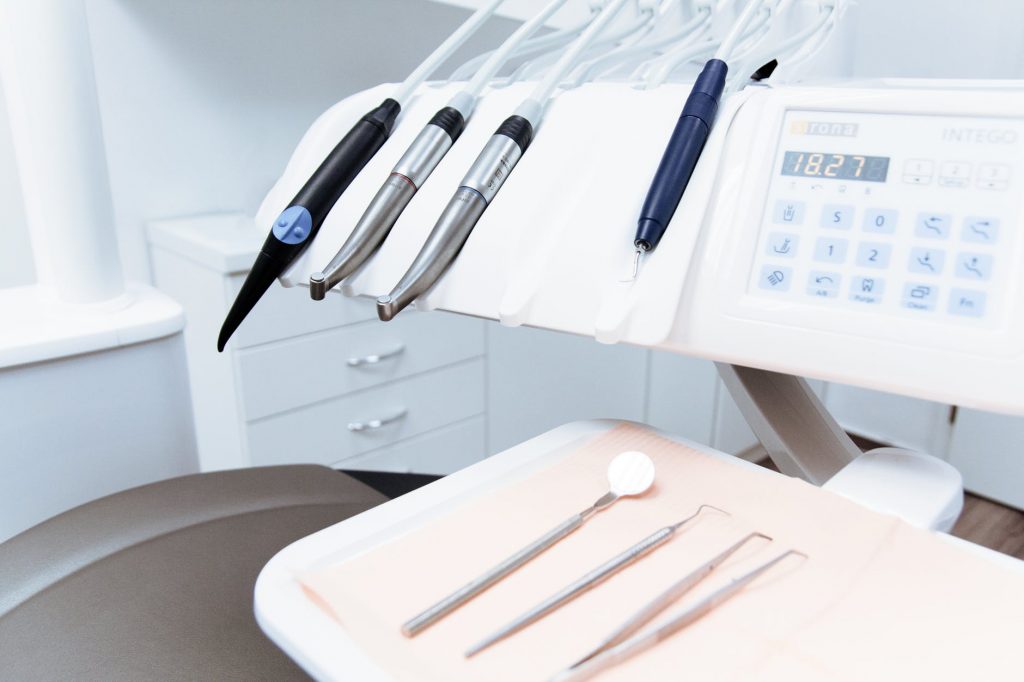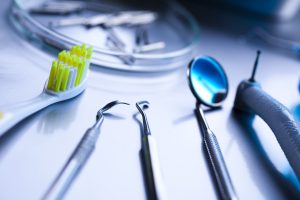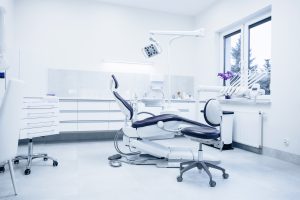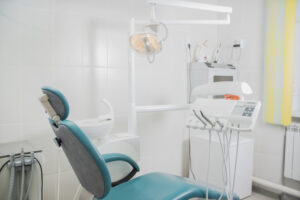
The dental attorneys at Nardone Limited are experienced in representing both buying and selling doctors in dental practice purchases and sales. When purchasing a dental practice, most of the time you are only buying the assets relating to that dental practice, as opposed to purchasing the stock or the entity itself. The reason is that purchasing the stock in the dental practice entity could result in an unanticipated liability to the buying doctor. For instance, imagine there is a pending professional negligence claim or a federal tax liability against the dental practice entity that you failed to uncover during your due diligence? By purchasing the entity’s stock, you could be exposed to liability for a debt that you had no hand in incurring. Thus, instead of purchasing the entity itself, the most common practice in dental practice sales is to purchase the seller’s assets relating to the practice of dentistry. Unfortunately, even once the parties agree to handle the transaction as an asset sale, and have agreed on a purchase price, they must now negotiate the purchase price allocation. The parties’ competing interests with respect to the purchase price allocation often makes that negotiation a difficult task.
Competing Interests Between the
Selling Dentist and the Buying Dentist
Once you and the seller have agreed on a purchase price, you now must allocate that purchase price between different asset categories, each of which has its own tax treatment by the IRS. Allocating the purchase price is often more difficult than it seems, as the selling doctor and the buying doctor have competing interests. That is, the buying doctor typically wants to allocate as much of the purchase price as possible to assets with capital gains treatment, while the buying doctor generally wants to allocate as much of the purchase price as possible to assets that are currently deductible (i.e., expensed), or that have a short depreciation schedule.
Below is a cheat sheet regarding common asset categories seen in an asset purchase agreement for a dental practice sale:
| Asset Categories | Depreciation/Amortization Period for Buyer | Tax Treatment to Seller |
| Dental and Office Supplies | 1 year (expensed) | Ordinary Income |
| Dental and Office Equipment and Furniture | 5-7 years | Ordinary Income |
| Leasehold Improvements | 15 years | Long-Term Capital Gain |
| Covenant Not to Compete | 15 years | Ordinary Income |
| Patient Records | 15 years | Long-Term Capital Gain |
| Goodwill | 15 years | Long-Term Capital Gain |
Best Practices for Asset Allocation
The parties’ competing interests usually results in the selling doctor wanting to allocate a large portion of the purchase price to items like patient records and goodwill, since the amount allocated to those items will receive capital gains treatment and will be taxed at a lower rate than the ordinary income rate. Sometimes, however, the selling doctor’s preference results in the selling doctor proposing an artificially low allocation to items like supplies, equipment, or furniture, without a solid basis for the proposed allocation. But, an artificially low allocation to those items conflicts with the buying doctor’s interest of allocating as much of the purchase price as possible to items that can be expensed or have short depreciation schedules. So, how do we resolve these competing interests?
Generally, the best practice for allocating the purchase price is to have a dental equipment appraiser come to the selling doctor’s office and appraise all of the dental equipment. The appraised values should then be used for purposes of allocating the purchase price to the dental equipment. Then, once the parties have agreed on reasonable allocations for the other assets such as office equipment, supplies, and leasehold improvements, any remaining amount would generally be considered goodwill associated with the dental practice. While there are other considerations that can sometimes complicate the process, which we will discuss in our next article on this subject, an appraisal is certainly the best starting place for allocating the purchase price. Most dental equipment suppliers are more than willing to provide this appraisal service.
Contact Nardone Limited
The dental attorneys at Nardone Limited have vast experience representing buying and selling doctors in dental practice sales and can properly advise you regarding the allocation of the purchase price under an asset purchase agreement. If you need guidance regarding your dental practice sale, contact Nardone Limited.
 Vince Nardone Discusses Employment Contracts with Ohio State Dental Students
Vince Nardone Discusses Employment Contracts with Ohio State Dental Students  Navigating the 2024 Landscape: Strategies and Considerations for Dental Support Organizations (DSOs)
Navigating the 2024 Landscape: Strategies and Considerations for Dental Support Organizations (DSOs)  Sellers of Dental Practices to DSOs need to have a Buyer’s Mentality Requiring Selectivity and a Well-Thought-Out, Decision-Making Process
Sellers of Dental Practices to DSOs need to have a Buyer’s Mentality Requiring Selectivity and a Well-Thought-Out, Decision-Making Process  Increasing Profitability by Minimizing Disruptions within Your Dental Practice
Increasing Profitability by Minimizing Disruptions within Your Dental Practice  As a Dentist, What Are My Obligations Related to Out-of-State Patients and Potential Prescription Drug Abuse?
As a Dentist, What Are My Obligations Related to Out-of-State Patients and Potential Prescription Drug Abuse?